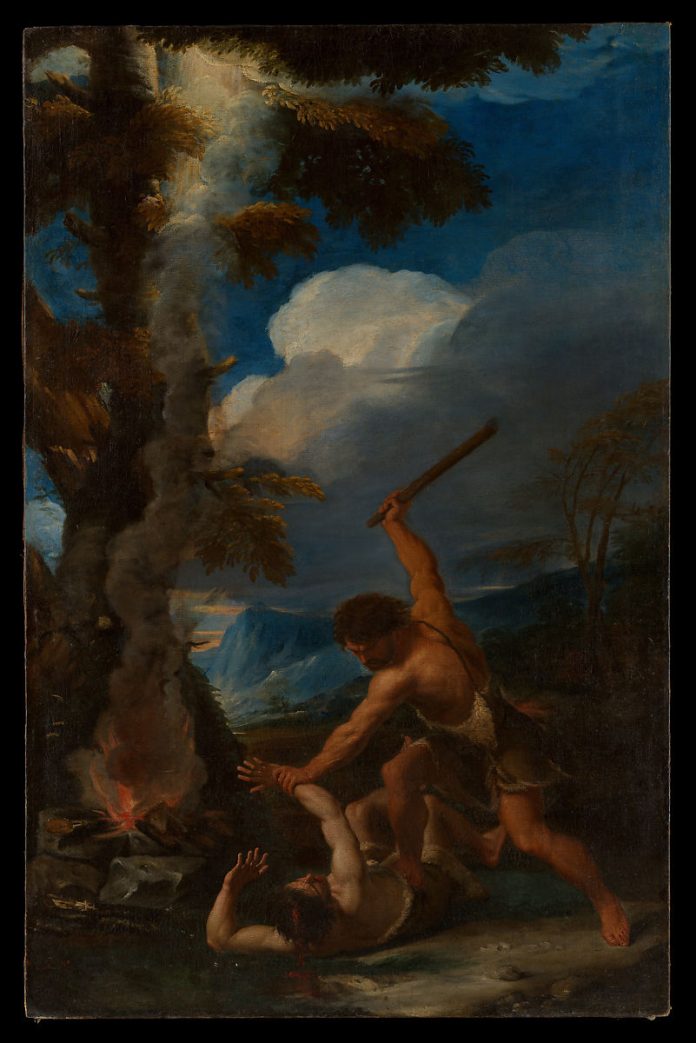Told in the fourth chapter of Genesis, the story of Cain and Abel is one of jealousy and murder but more importantly is one about God’s mercy and love.
The Revs. Mark Roosinck and Mike Hanks say God banished Cain to the Land of Nod, east of Eden, for killing Abel after his brother’s sacrifice was accepted and Cain’s rejected.
“His sacrifice was from religious obligation while Abel’s was more by faith,” said the Rev. Roosinck, pastor of Westover Baptist Church. “Cain was a tiller of the earth, a farmer who raised crops, and Abel was a shepherd.
“The most important thing we learn here is that God has expected us to operate from a faith response to him from the very beginning.”
Roosinck cited Hebrews 11:4, which says, “By faith Abel offered God a better sacrifice than Cain did. By faith he was commended as a righteous man when God spoke well of his offerings. And by faith he still speaks even though he is dead.”
Asked about the mark God put on Cain’s forehead in Genesis 4:15 so that no one would kill him, Roosinck said, “He was experiencing justice by being set apart from his family.
“First John 3:12 says, “Do not be like Cain, who belonged to the evil one and murdered his brother. And why did he murder him? Because his own actions were evil and his brother’s were righteous.”
“The things we do need to be based on faith because the Scripture’s emphasis is on faith from the beginning to the end with Abraham, Moses, David and so on,” Roosinck said.
“We enhance our faith by reading God’s written word, the Bible, and then through prayer, which is one of the most powerful demonstrations of it.”
The Rev. Hanks, pastor of the First Assembly of God Church in Midland, said Abel’s sacrifice was accepted because it was fat portions from some of the firstborn of his flock. “What made it better was that he had no ulterior motive,” he said.
“It was just an honest, sincere offering. Cain’s offering was not accepted and that made him very angry because he was selfish. The consequence was that he was set apart to become a wanderer.
“When we make an offering, we just need to offer the best of whatever we have and not compare it to someone else’s.”
Hanks noted Luke 21:1-4, where Jesus says the two small copper coins that a poor widow put into the temple treasury were greater than what everyone else gave “because she gave out of her heart.”
He cited one of the Bible’s most famous verses, Genesis 4:9, to say people should love one another: “Then the Lord said to Cain, ‘Where is your brother Abel?’ ‘I don’t know,’ Cain replied. ‘Am I my brother’s keeper?’” “God still wanted to give him an opportunity for repentance, but he was holding jealousy and unforgiveness,” Hanks said. “We are to be concerned about one another.”
Hanks said this section illustrates the profundity of God’s love. “It shows his incredible love for even an unrepentant sinner,” he said.
“He hates the sin but loves the sinner. No matter how bad the sin, we can still be redeemed. God is always open for people to come back.”




